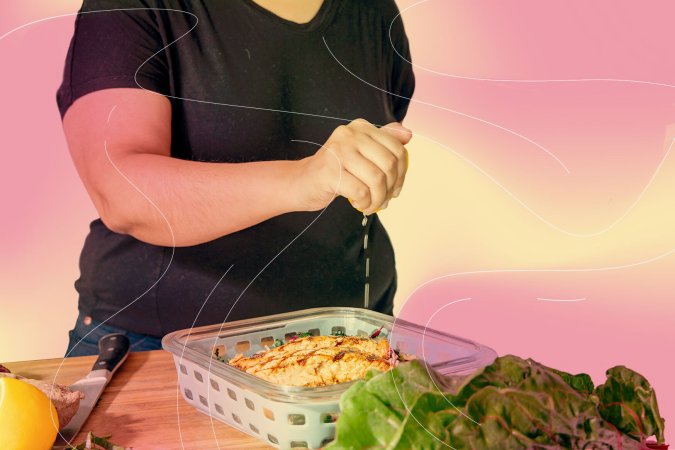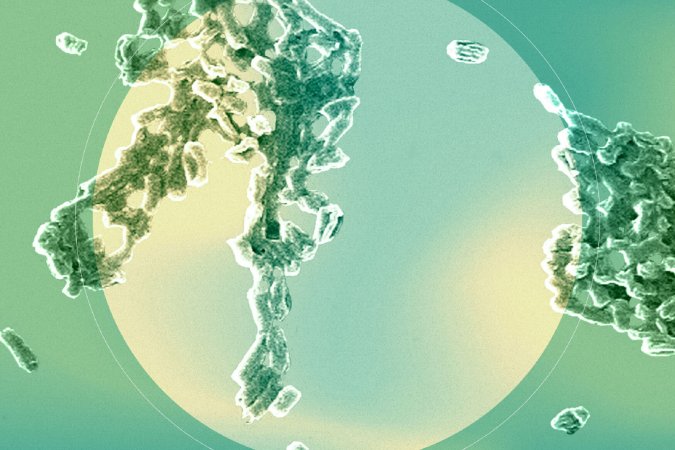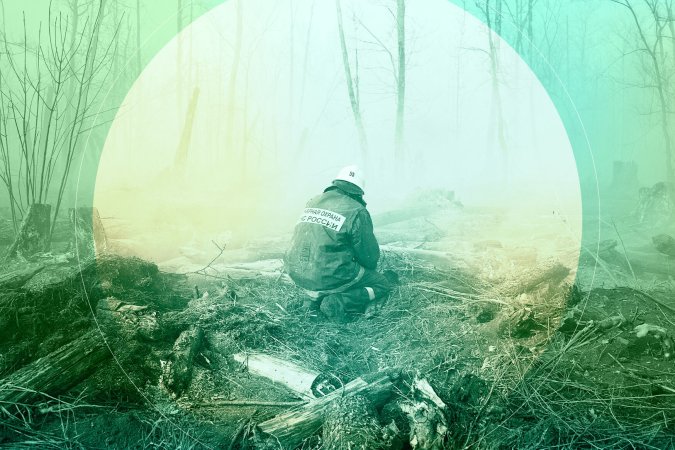About
Isobel Whitcomb is a freelance health and environmental journalist based in Portland, Oregon. Passionate about covering the intersection of science and the human experience, they cover everything from wildfire to chronic pain. Her work in Popular Science focuses on exploring the wellness industry and debunking health misinformation. When they’re not writing, they spend their time trail running, playing soccer, and sampling every flavor of ice cream Portland has to offer.
Experience
Isobel has been contributing to PopSci since 2021. In that time, their work has debunked calorie-counting, hyperbaric chambers, and more. They’ve explored the neuroscience of burnout, the strange connection between meditation and psychosis, and a movement that denies the existence of germs. Her work has also appeared in the New York Times, where she wrote about what happened to kids in Oregon when a deadly blaze—combined with the COVID-19 pandemic—made it impossible to attend school. For Slate, they dug into the science of their own experience with chronic pain, and how a counterintuitive treatment helped them find relief. They’ve also covered sea otters, the effects of climate change on mental health, and social justice.
Education
Isobel graduated from Scripps College with a bachelor’s degree in biology and experience performing research in two different labs—studying wildfire in Southern California and amphibians at Crater Lake National Park. They went on to get their master’s degree at New York University’s Science, Health and Environmental Reporting Program.
Highlights
- Freelance journalist passionate about debunking health myths and exploring the intersection between humans and the environment.
- Past byliner for: the New York Times, Slate, Hakai Magazine, Gizmodo, Scientific American, The Atlantic, Undark and more.
- Not-so-secret nerd about animals and the weird ways they shape our environment.
Notable Works
-
Mental wellness apps are basically the wild west of therapy
Popular Science
-
They keep moving. The fire keeps finding them
The Daily Beast
-
People should physically distance from sea otters, too
Bay Nature
-
When video chat is the only thing holding your family together
Gizmodo
-
Americans are spending billions on unnecessary dental treatments
The Atlantic
-
Portfolio
Isobel Whitcomb
Favorite weird science fact
Mantis shrimp pack a punch strong enough to break aquarium glass.




















